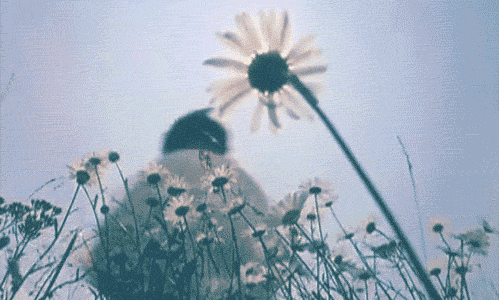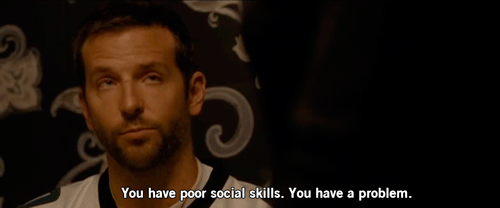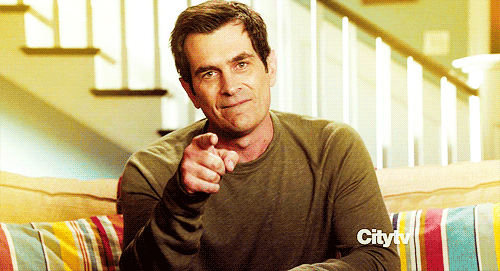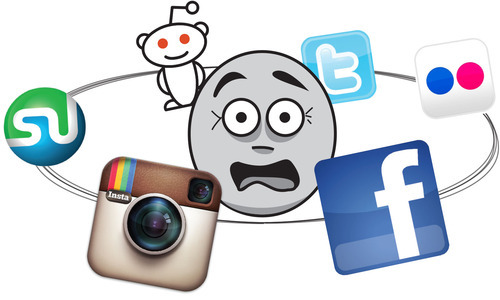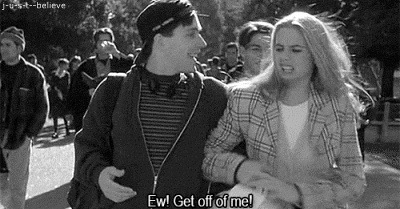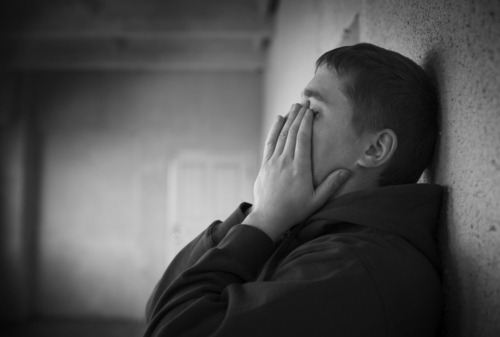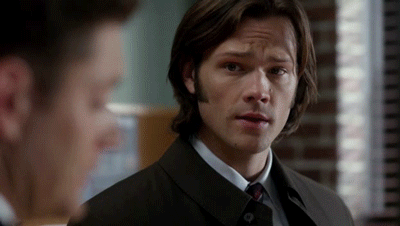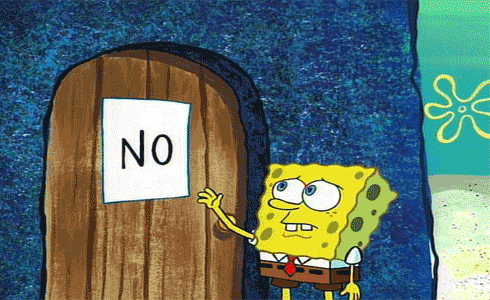
Well, do you?
Personally, I think yes and no. I mean, social relationships are important. Having a group of people around you who love and care for you—family, friends, significant others… They make life more colourful.
In all fairness though, I’m an introvert. That is to say, I don’t mind being alone most of the time. In fact, I’d even go as far as to say I prefer it. But that’s not to say that I don’t need people in life—I do.
In high school, I used to be really insecure about losing friendships—that my friends would leave me or develop better friendships with other people.
The result of that? I became clingy. I needed constant reassuring that the people in my life intended to stay in my life. And I mean, no one likes a stage five cling-on. I felt like I was constantly defining myself by who my group of friends were, and when I was alone, who was I? I felt so part of a unit that, when I was alone, I felt weirdly incomplete.
For example, when I was doing things alone, I was genuinely bored. I didn’t know how to enjoy things by myself. I thought, “What’s the point of having experiences if you have them all by your lonesome?”
So, when starting university, I made a conscious choice to not let people have that kind of effect on me. To make a real effort to define myself by my own standards. I wanted to feel like a whole and complete person all the time, not just around others.
So, I began doing things on my own: commuting, sitting alone in lectures, going to the library alone, etc. That’s not to say that I went out of my way to not spend time with people—if I happened to bump into someone I knew, of course I hung out with them. The difference now was that I just wasn’t constantly looking for people to fill every moment of every day.
At first, it was super uncomfortable. I mean, I had no one to talk to. It was just…boring. But you know what they say (whether it’s in reference to this point or most others)—it just takes time. And surely enough, it slowly got better. Over time, I felt more and more comfortable doing things on my own, and now when I’m in a situation where I don’t have friends around me to lean on, I’m completely and utterly all right.
Again, that’s not to say that I cut my friends out completely—I still see them and hang out with them a lot. And they’re still very important people in my life. The major difference now is that I don’t need to be around them constantly to feel good about myself. The time I spend with them now is not the only time I’m having fun. I can do it by myself too.
So, “Do you need others to make you happy?”
By the way I’ve been rambling on, it sounds like I’m about to say “No, all you need is yourself!”, right? But I’m not.
Social relationships are still important. We just need to be careful to not define ourselves based on them. It’s important that we have people to spend time with and have fun with, but it’s also important to make sure that those aren’t the only times we’re having fun. There needs to be a balance.
Yin and Yang, my friend. Yin and Yang.
These relationships should be there in your life because you want them, not because you need them. Ya know what I’m saying?
So, then…
Do I need others to make me happy? Heck nah.
Do I want others in my life who make it better, richer, and happier just by being in it? Heck yes.
